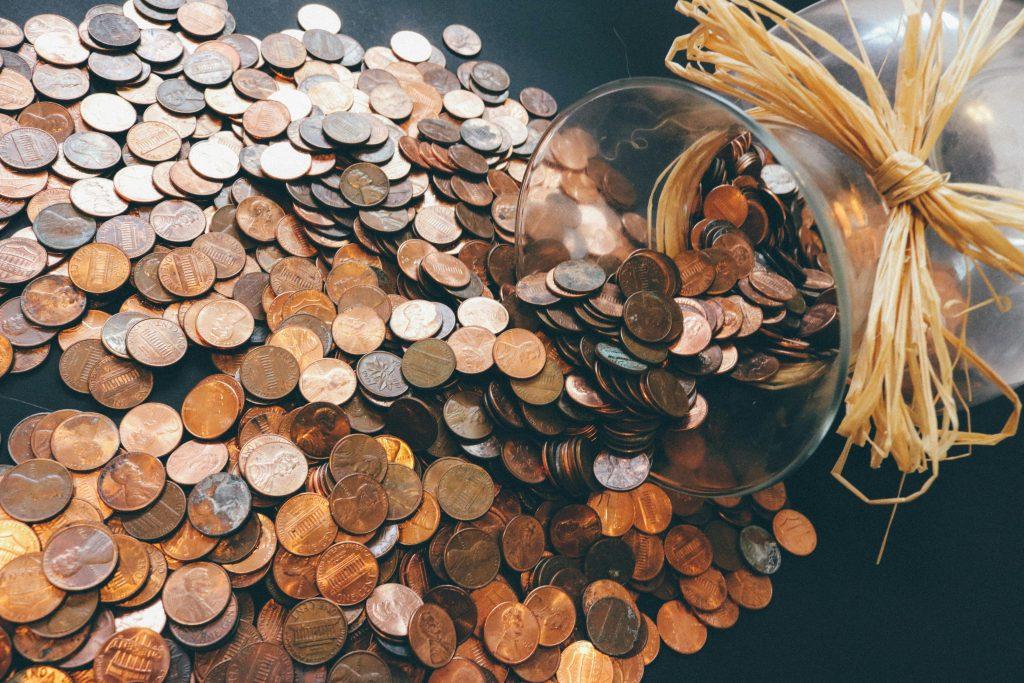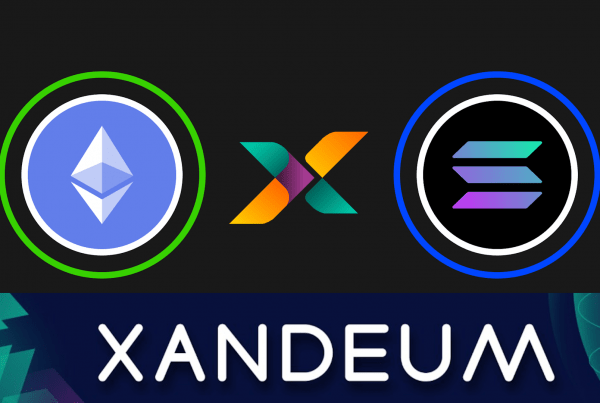
Although cryptocurrencies are considered anonymous, this is often not the case. Every transaction is recorded on the blockchain and this data is always available. That is, it is extremely possible for someone to contact the owner of a cryptocurrency wallet, provided a sufficiently powerful target is established.
The first instance of this precedent occurred in 2011. The FBI conducted a unique operation against the famous online trading platform Silk Road. Ross Ulbricht, the founder of the company, was detained and sentenced to life in prison. During the operation, approximately 144,000 bitcoins were taken into custody.
A hacker attack in 2021 crippled Colonial Pipeline’s computer systems. The attackers requested a ransom of 75 BTC. The FBI can detect and recover over 63 BTC. Former prosecutor Katherine Hone argues that it was the hackers’ use of cryptocurrencies that made this possible. They would have needed much longer to recover if they had used the financial system.
In other words, there are many exaggerations regarding the privacy of cryptocurrencies. This is not true for all coins, however. Some coins claim to be completely private. In such networks, it is either difficult to track transactions or to link the wallet address to a specific user. Two of the most well-known and widely used privacy currencies are ZCash and Monero, available on Exolix to exchange.
Complicated past related to privacy
You could say something like this, paraphrasing the famous Murphy’s law: if a good concept can be ruined, someone will definitely do it. This is what happened with cryptocurrencies; they were and still are often used for illegal activities. It’s no surprise that Bitcoin continues to be an asset for money laundering.
However, regulators aren’t particularly against it. The explanation is obvious: everyone can be tracked on the Bitcoin blockchain, which is transparent and has accumulated enormous amounts of data.
Private currencies
Private currencies have been struggling lately. It is still possible to convert USDT to XMR on centralized cryptocurrency exchanges, although the number of such sites is decreasing. Cryptocurrency exchanges are shunning private currencies, and this trend is only increasing.
Recent events, most notably the restriction of Tornado Cash and the arrest of its creator, raise even more questions about the privacy implications of cryptocurrencies. The use of private coins is prohibited in some countries. Japan, South Korea and Australia prohibit the exchange of certain types of currencies.
With the continued tightening of cryptocurrency regulations, especially requirements for KYC/AML processes, swaps using private currencies will become more complex. Naturally, investors are wary of the dangers associated with holding secret assets.
Will private currencies exist in the future?
There may be a future for private currencies, but it will not be clear and simple. Based on the technical analysis of the price chart, the price forecast for XVG seems to be quite optimistic. However, many things are really quite difficult to predict.
The Tornado Cash ban did not affect the status of privacy coins. They have been stable and have even seen slight price increases. The US Treasury Department has stated that attempting to anonymize transactions could lead to serious complications.
Since privacy coins are now undesirable, it is difficult to expect a more committed response to them. Anything, including making them illegal, could be the next step in their path at any time.
This may not happen until such currencies are in low demand and become particularly user-friendly. Regulators are set to react as soon as their popularity begins to grow.
Investing in private currencies still involves unknown risks and potential consequences. Those who want to invest in them need to keep a close eye on the news. It is possible that in the near future, holders will not be able to access their money.



